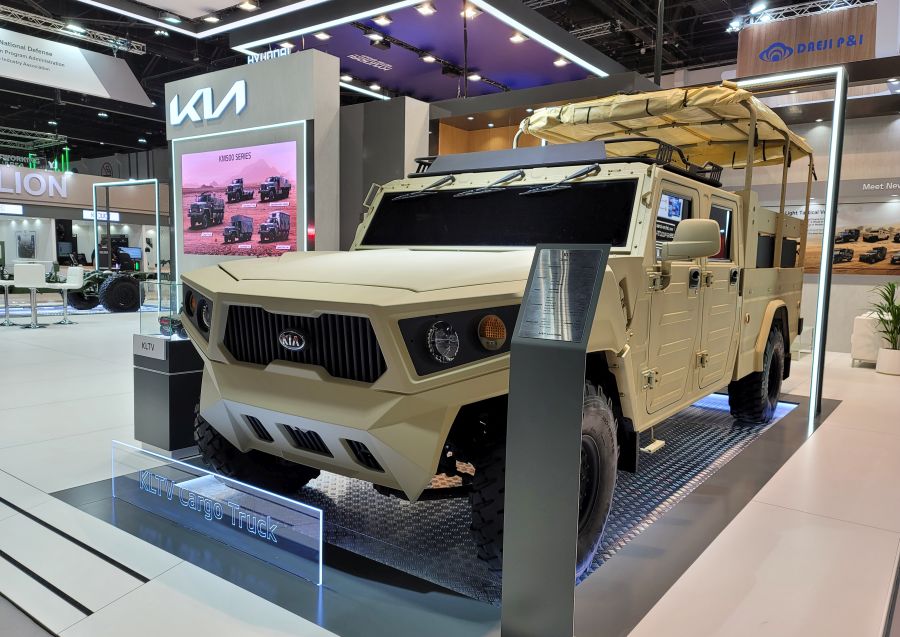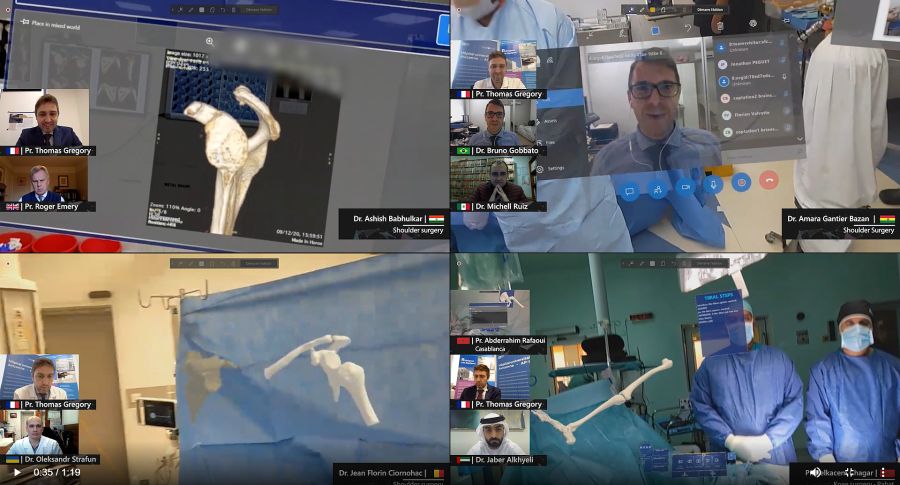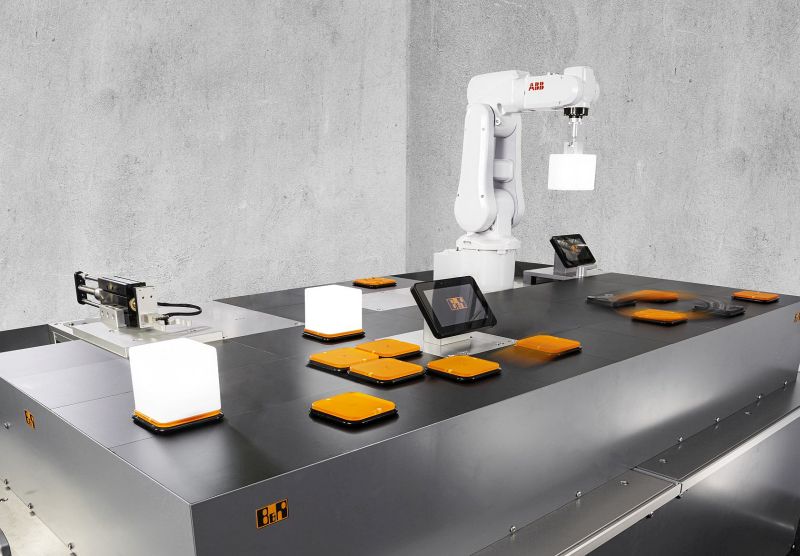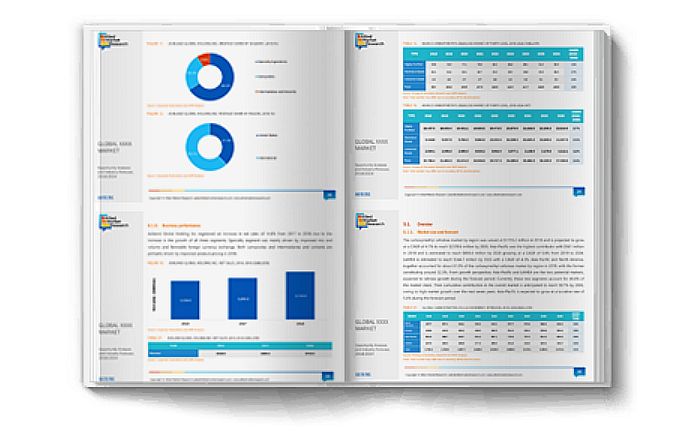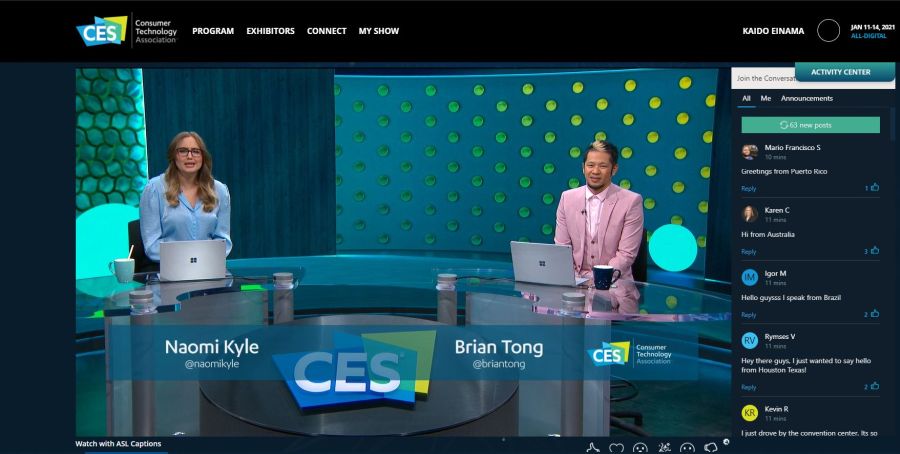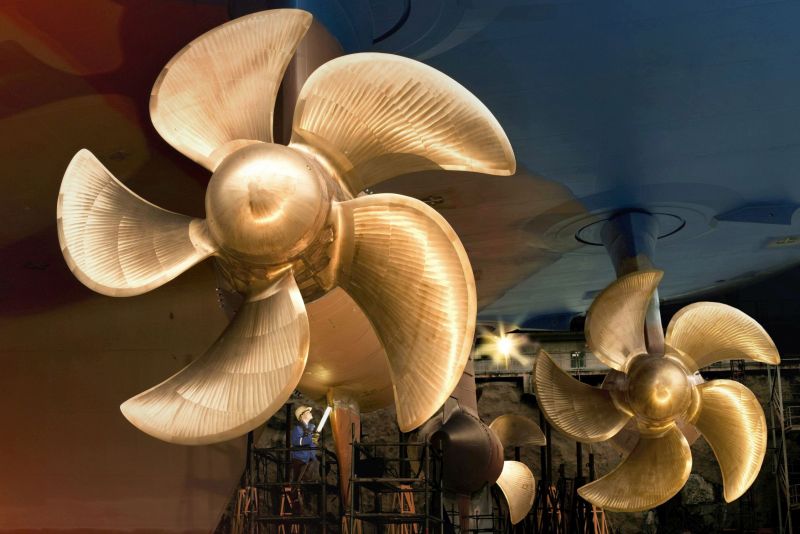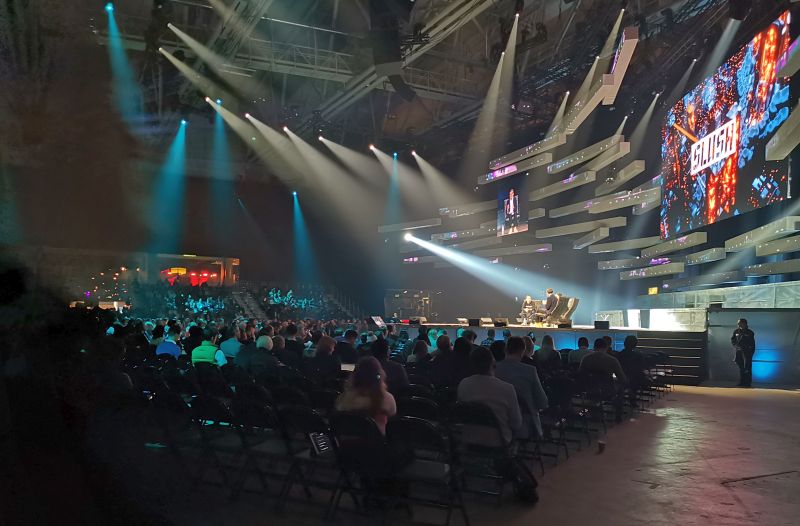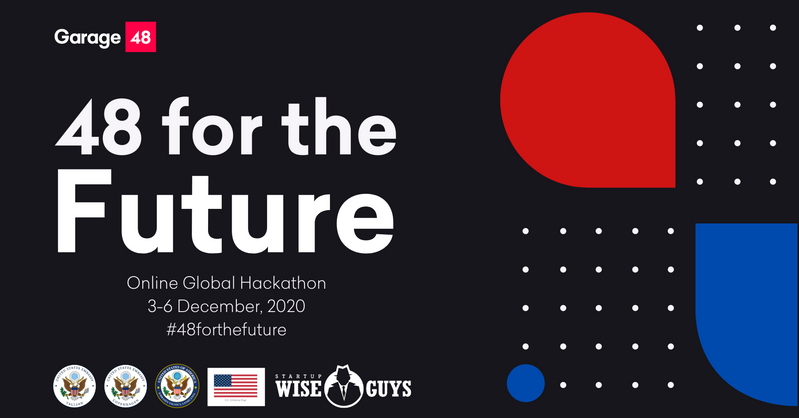Kia showcases new defense vehicle technologies at IDEX 2021 defense exhibition
Kia Corporation has showcased two light tactical defense vehicle concepts at the 2021 International Defense Exhibition & Conference (IDEX) in the UAE, the largest international defense exhibition in the Middle East and Africa.
Kia has been supplying its light tactical vehicles to the South Korean army since 2016, becoming the standard-bearer for vehicle quality in the country’s military operation system. The new four-seater Light Tactical Cargo Truck concept displayed at IDEX adopts a bold, commanding design and has been equipped with a cargo container for transporting troops alongside diverse armory. Kia expects the added visual appeal and usability to stimulate further demand for its military vehicles.
Mixed Reality Surgery World Tour - A new step forward in medical innovation
15 surgeons from 13 different countries have undertaken 13 mixed reality orthopedic operations as part of a 24-hour event. The surgeons virtually collaborated using Microsoft HoloLens 2 and Dynamics 365 Remote Assist, and were led by Professor Thomas Grégory of the Avicenne AP-HP Hospital, France.
Medicine’s (virtual) world tour
Professor Grégory and his team led all 13 mixed reality surgeries from the Avicenne AP-HP Hospital. From there, the surgery toured a number of countries, including: France, India, UAE, South Africa, Ukraine, Germany, Belgium, Morocco, Brazil, Bolivia, Mexico, USA, UK.
ABB expands flexible manufacturing portfolio with innovative magnetic levitation shuttle system
Strategic partnership with Planar Motors Inc. (PMI) enhances B&R’s adaptive machine offering, integrating PMI’s new production technology milestone in open, adaptive manufacturing
Allied Market Research: Building Information Modelling Market to Reach $15.89 Bn Globally by 2027 at 15.2% CAGR
Allied Market Research published a report, titled, "Building Information Modeling Market by Component (Solution and Services) Deployment Mode (On-premise and Cloud), Project Life Cycle (Preconstruct
CES 2021 Makes History as Largest Digital Tech Industry Event
The first-ever, all-digital CES® 2021 made history as the largest digital tech event. Almost 2000 companies unveiled next-gen innovation for a better future. Owned and produced by the Consumer Technology Association (CTA), the all-digital CES 2021 featured product launches from startups to tech giants, keynotes from global industry leaders, live entertainment from Hollywood and more than 100 hours of conference programming.
Four Smart City Pilot Projects Start in January 2021
Smart city centre of excellence is organising an international challenge to find great research-intensive ideas to be developed and piloted in real urban environments. 71 ideas were proposed, twelve of these were selected to the finals and four projects have been selected for financing.
“To our knowledge, this approach is very unique globally where urban challenges of one country have been systematically mapped and matched with research-based solutions. This process effectively brings the scientific solutions from university labs to the urban streets within 1-2 years,” told the Founding Director of FinEst Twins Smart City Center of Excellence, Ralf-Martin Soe.
Human Transportation Drones are Ready
Hyundai Motor Group’s Urban Air Mobility (UAM) vision concept, S-A1, will be on display at GITEX Technology Week, December 6–10, at Dubai World Trade Centre.
Etisalat, a leading telecommunications company in Africa and the Middle East, and GITEX host, recently named the S-A1 to its “Best Innovations in 2020” list and invited Hyundai Motor Group to showcase its game-changing technology.
The full scale, all-electric S-A1 is on display at Etisalat’s booth, along with a virtual reality zone that illustrates how Hyundai Motor Group's UAM vision will help reduce passenger commute times and relieve congested ground transportation.
ABB wins major power and propulsion order for five Fincantieri vessels
ABB secures an order of around $150 million to deliver a comprehensive scope of technologies to power next-generation cruise ships built by Italian shipbuilder Fincantieri
Strengthening its preferred supplier position in the cruise segment, ABB will equip five newbuild vessels with Azipod® electric propulsion, which has a proven ability to significantly reduce fuel consumption on board.
Survey Reveals Light at the End of the Tunnel for Startup Founders
A new study by Slush, Helsinki and NGP Capital reveals that startup founders are faring better than expected during the pandemic.
The true impact of the COVID-19 crisis on the startup ecosystem is revealed in a new report published today by Slush and the City of Helsinki, in collaboration with NGP Capital. The newly published report, “QUARANTINED GROWTH – Founders’ perspectives on the COVID-19 crisis & a Helsinki startup ecosystem deep dive”, surveyed over 330 start-up founders from across the globe. The report reveals unique insights from the ecosystem on the past, present, and future impact of the COVID-19 pandemic from the perspective of the founders themselves.
#48fortheFuture aims to jumpstart the post-crisis economy
#48fortheFuture is uniting EU and US tech communities to tackle the most burning topics that had an overwhelming impact on the global economy due the COVID-19 pandemic.
